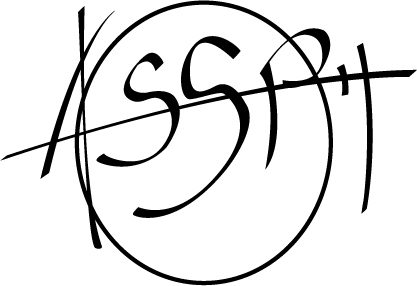Summary
- Some information on the crimanal procedure in France
- Some information on the european arrest warrant
- Conflicts of the jurisdiction in the european criminal law
- May 17 :ress release of the Paris Parquet General
Some information on the crimanal procedure in France
When a crime is committed, the investigation is entrusted to an independent judge (both regarding the police and the state), called the “Investigating Magistrate” working from police investigations, evidence and testimony collected. He has to form his "absolute conviction" on the identity of the culprits, he has to conduct an investigation "to charge or discharge “, i.e. without any a priori about the guilt of a suspect.
Among the decisions he may take, he may issue an arrest warrant against a suspect, should he consider that there is against him - her "serious and corroborative evidence" of his – her possible guilt.
At the end of the inquiry, the Investigating Magistrate concludes a judicial decision: if the charges are not sufficient, he takes an order of dismissal (which stops the proceedings); otherwise, he takes an order of referral to a court named “Chambre d’Accusation” which then decides to refer to the trial court (Cour d’Assises). Appeal procedures are provided.
The decision to order detention of the suspect belongs to another magistrate, the “Judge of Liberties and Detention”: the detention comes into force at the request of the Investigating Magistrate, notably when the freedom of the suspect to act is dangerous for public safety or to gather evidence: That is the case when pressure can be exerted on witnesses, directly or indirectly by the suspect or his accomplices (subornation of witness
In the case of the murder of Sophie Toscan du Plantier, the execution of European arrest warrant and extradition of the suspect to France leads to "an indictment" of the latter, which include two important implications for defence:
- Firstly, access to the complete file of the investigation, under the same conditions as for “civil parties” (family of the victim).
- Secondly the presence of lawyer at all stages of the inquiry requiring the presence of the suspect: hearing, confrontation “face to face” of witnesses, etc.
Some information on the european arrest warrant
- The European arrest warrant replaces the extradition Criminal Procedure between states that have transposed the Framework Decision of the European Council of June 13, 2002. Ireland and France have transposed the Framework Decision in their legislation in 2003 and 2004 respectively.
- The two main features of the European Arrest Warrant - described as the cornerstone of judicial cooperation between the signatory states :
- a substantial simplification of the application of the traditional conditions of extradition
- an imperative of speed
- The Irish authorities have 60 days after the arrest of the suspect to decide what action to give the European arrest warrant.
Conflicts of the jurisdiction in the european criminal law
May 17 :ress release of the Paris Parquet General

